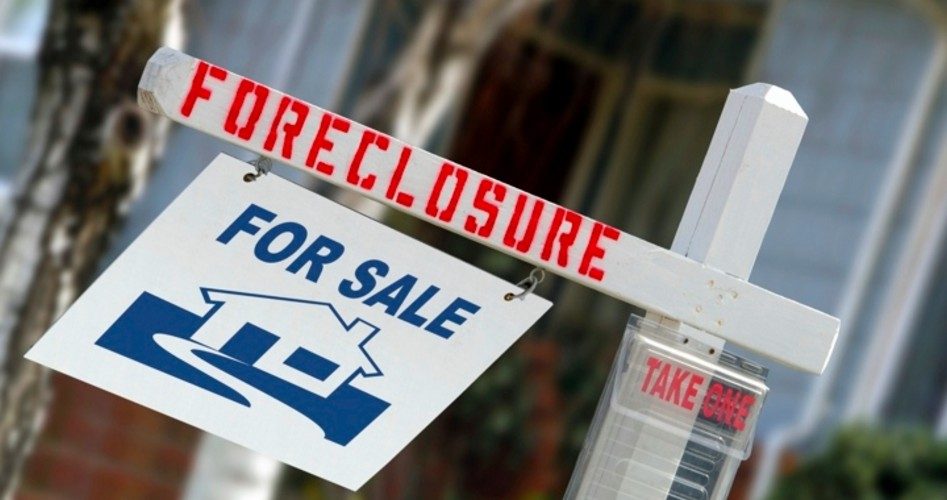
The record is becoming clearer and clearer: The Great Recession and its persistent aftermath have dealt the American middle class a blow from which it may take a generation to recover. For the last decade, household incomes have been declining steadily, according to a new report by Sentier Research, a respected Washington-area think tank.
Much of the damage has been done since the official end of the Great Recession. From June 2009 to June 2012, median household income fell 4.8 percent, to just under $51,000. This represents a continuation of the middle-class hollowing out that has been underway since the beginning of the last decade. The Great Recession itself caused median household income to decline by 2.6 percent, and since January 2000, when it stood at more than $55,000, household income has declined by 8.1 percent.
Worse still is the two decades-old erosion of median net worth. American households’ net worth has declined from an all-time 2007 high of $126,400 to a mere $77,300 only three years later — roughly what it was all the way back in 1992, at the beginning of the ‘90s tech stock boom. In other words, America has lost an entire generation’s worth of economic growth courtesy of the Great Recession, and isn’t likely to regain it in the foreseeable future.
Meanwhile, from the Pew Research Center comes a similar report, whose figures, though different from those of Sentier Research (calculating complex figures like median household income is not, after all, an exact science), tell a similar tale. According to Pew, median household income has fallen from $72,956 to $69,487 in 2010, and the median household net worth has fallen from $129,582 to $93,150 during the same period. Not only that, there has been “a very steady, long-term shrinkage” of the sheer number of people belonging to the American middle class, according to Paul Taylor, executive vice president for Pew.
While the raw estimates vary, the trend is unmistakable: The American middle class is slowly being squeezed out of existence, thanks to a deteriorating economy, epochal levels of unemployment, and gargantuan levels of both public and private indebtedness. Soon, as government at every level becomes more and more desperate for revenue, another factor will arise: crushing new tax levies calculated to stave off public insolvency while politicians continue to borrow and spend recklessly.
The end of this road, which is not far off — barring a very dramatic change in political sentiment — will be bankruptcy and social collapse, as has happened in every nation and empire from the beginning of human history that has tried to borrow itself into prosperity. But before the final day of reckoning, the American middle class — the chief source of productivity and vitality in America for centuries — will likely be compressed out of existence, a state of affairs in which every American will come to know what serfs of every age have experienced: life lived as little more than sources of revenue to appease the state’s limitless appetite for power and pelf.



